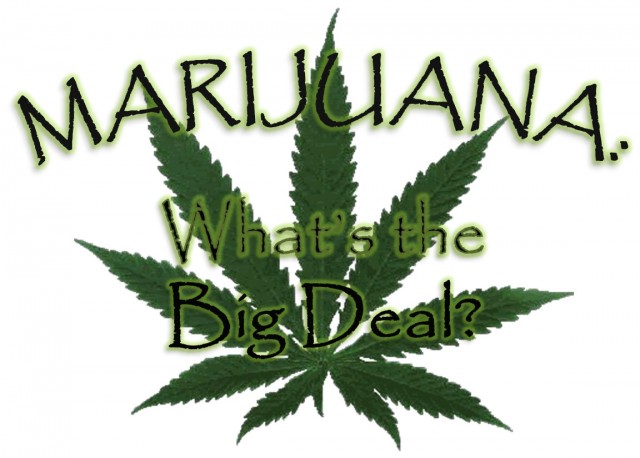 I don’t often find voices louder than my own when verbally flaying Kevin Sabet and his posse of “people you would most want to avoid at a party.” So, I was pleasantly surprised to see a writer from Forbes sharpen his claws on Sabet’s serpentine spine.
I don’t often find voices louder than my own when verbally flaying Kevin Sabet and his posse of “people you would most want to avoid at a party.” So, I was pleasantly surprised to see a writer from Forbes sharpen his claws on Sabet’s serpentine spine.
The article is, mainly, about how Big Cannabis is really a non-factor in regards to legalization. Sabet, for his part, has used this argument as one of the main stilts of his rhetoric. He’s always blathering on that if we think Big Pharma and Big Tobacco are bad, we have no idea how apocalyptic Big Cannabis will be.
“Sabet has tried to stoke those fears mainly by pairing the word big with the word marijuana, in the hope that Americans will flee in terror from the resulting phrase. “We’re on the brink of creating Big Marijuana,” he warns. “We know if it’s legalized, marijuana will be commercialized, too,” says Project SAM. “We would be incredibly naive to think a commercial marijuana industry wouldn’t employ all of the same strategies to convince people—especially young people—to use marijuana.
…Sabet warns that such businesses will make money by producing and distributing marijuana, meaning they will have a financial incentive to sell as much as they can. That is all completely true, but it is scary only if you view consumers as the slaves rather than the masters of people trying to sell them stuff. Most Americans do not see the businesses that supply them with useful and enjoyable goods and services as the enemy, and I suspect the people most inclined toward that view are also the ones who are most inclined to favor legalization of marijuana, for cultural reasons that don’t make a lot of sense but nevertheless have an impact on how people vote.”
UCLA professor, Mark Kleiman, who also advised Washington State’s newly formed cannabis regulatory board, thinks its possible to have legalization without commercialization. “If the goal is to allow adults to toke up in peace—without the hassle of finding a “420-friendly” physician and pretending to have some ailment—and to stop arresting so many users and low-level cannabis dealers, disproportionately poor and minorities, it can be done without involving the “potrepreneurs” now hoping to cash in on the Green Rush. D.C. should try “grow and give” and see how it works. It wouldn’t generate any tax revenue, or offer consumers the same convenience or product variety as a commercial system, and of course policing the boundary between “giving” and “selling” would be virtually impossible. But it might be a big improvement on the current prohibition. Eliminating organized marketing would likely lead to a much smaller increase—if any—in cannabis abuse than we would expect if we sell pot the way we now sell beer.”
I’m a bit torn here. On one hand, I don’t particularly relish what any “Big” industry lobby might do to the cannabis market. However, I do want cannabis to be readily available. I want to be able to one day go to 7-11 and buy a pack of joints while I’m on vacation. I’m not sure you can open the flood gates of legalization without letting in the corporate barons. It may be a necessary evil to fully realized legalization.
I do agree that treating cannabis the same way as alcohol is a failed start. That operates on the premise that these two substances are identical. I agree that, to many eyes, weed and booze are equals, but that does not make them duplicates of one another. I like the notion of a “grow and give” model, but I just don’t think we are going to keep up with our collective cannabis needs simply by sharing it among friends.
It’s unclear exactly how this will all pan out in the long run, but it seems to me that legalization is the first and most important step. Let’s uncuff this plant wholly before we try and dictate what clothes it needs to wear once it’s out of prison.
I highly suggest reading the full Forbes piece. It’s equal parts insight and some good, old-fashioned Sabet bashing.









